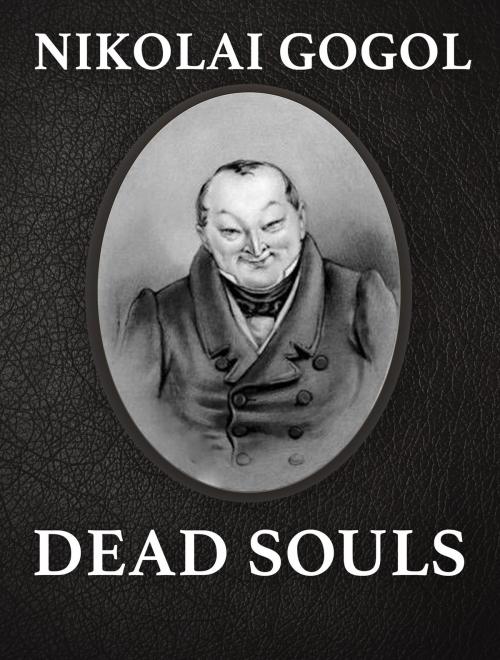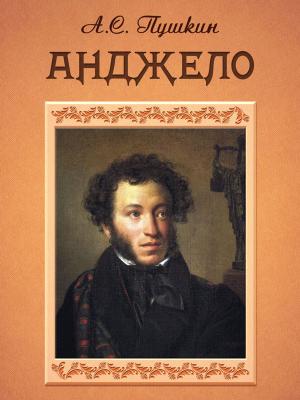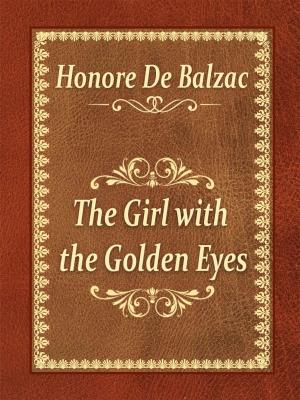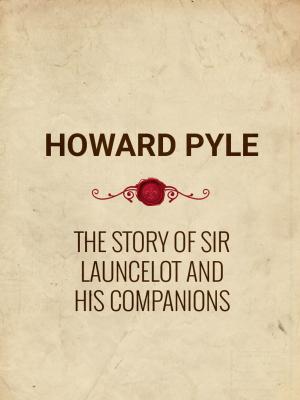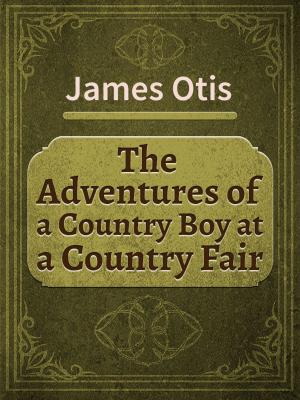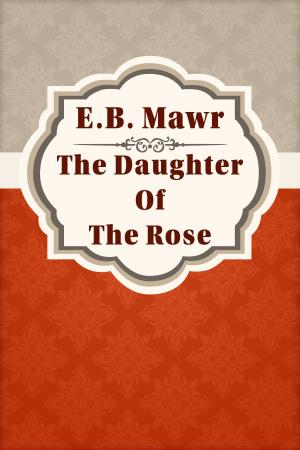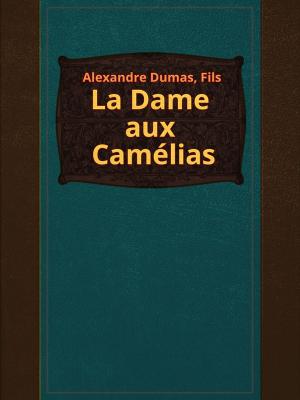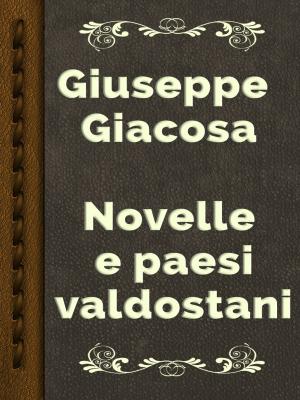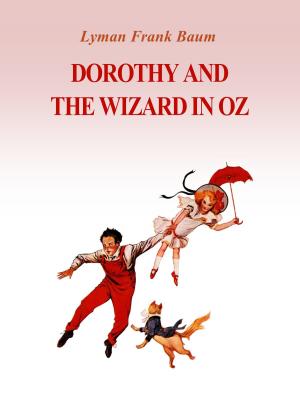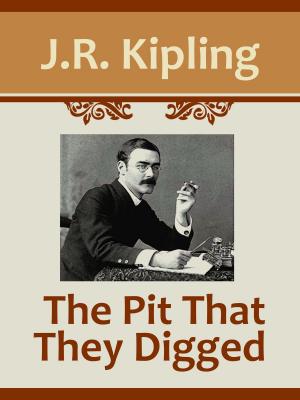| Author: | Nikolai Gogol | ISBN: | 1230000346641 |
| Publisher: | Media Galaxy | Publication: | April 8, 2015 |
| Imprint: | Language: | English |
| Author: | Nikolai Gogol |
| ISBN: | 1230000346641 |
| Publisher: | Media Galaxy |
| Publication: | April 8, 2015 |
| Imprint: | |
| Language: | English |
Dead Souls is a novel written by Russian-Ukrainian dramatist, novelist and short story writer Nikolai Vasilievich Gogol in 1842. The novel is regarded as exemplar of 19th century Russian literature. The novel was created to demonstrate flaws of the Russian mentality and character. Those faults are masterfully portrayed through Paul Ivanovitch Chichikov who is protagonist and the people with whom he interacts. These people are typical of the Russian middle-class of the time. In Russian Empire landowners had the right to own serfs as their property to farm their fields. They could buy, sell or mortgage the serfs. They used word “soul” to count them. The plot of novel relies on the dead serfs, which are still accounted in property registers. Gogol described it as epic poem in prose, and within the book as a novel in verse. Gogol supposed to complete the second part of story but it appeared to be destroyed by him shortly before his death. The novel ends in mid-sentence.
Dead Souls is a novel written by Russian-Ukrainian dramatist, novelist and short story writer Nikolai Vasilievich Gogol in 1842. The novel is regarded as exemplar of 19th century Russian literature. The novel was created to demonstrate flaws of the Russian mentality and character. Those faults are masterfully portrayed through Paul Ivanovitch Chichikov who is protagonist and the people with whom he interacts. These people are typical of the Russian middle-class of the time. In Russian Empire landowners had the right to own serfs as their property to farm their fields. They could buy, sell or mortgage the serfs. They used word “soul” to count them. The plot of novel relies on the dead serfs, which are still accounted in property registers. Gogol described it as epic poem in prose, and within the book as a novel in verse. Gogol supposed to complete the second part of story but it appeared to be destroyed by him shortly before his death. The novel ends in mid-sentence.
